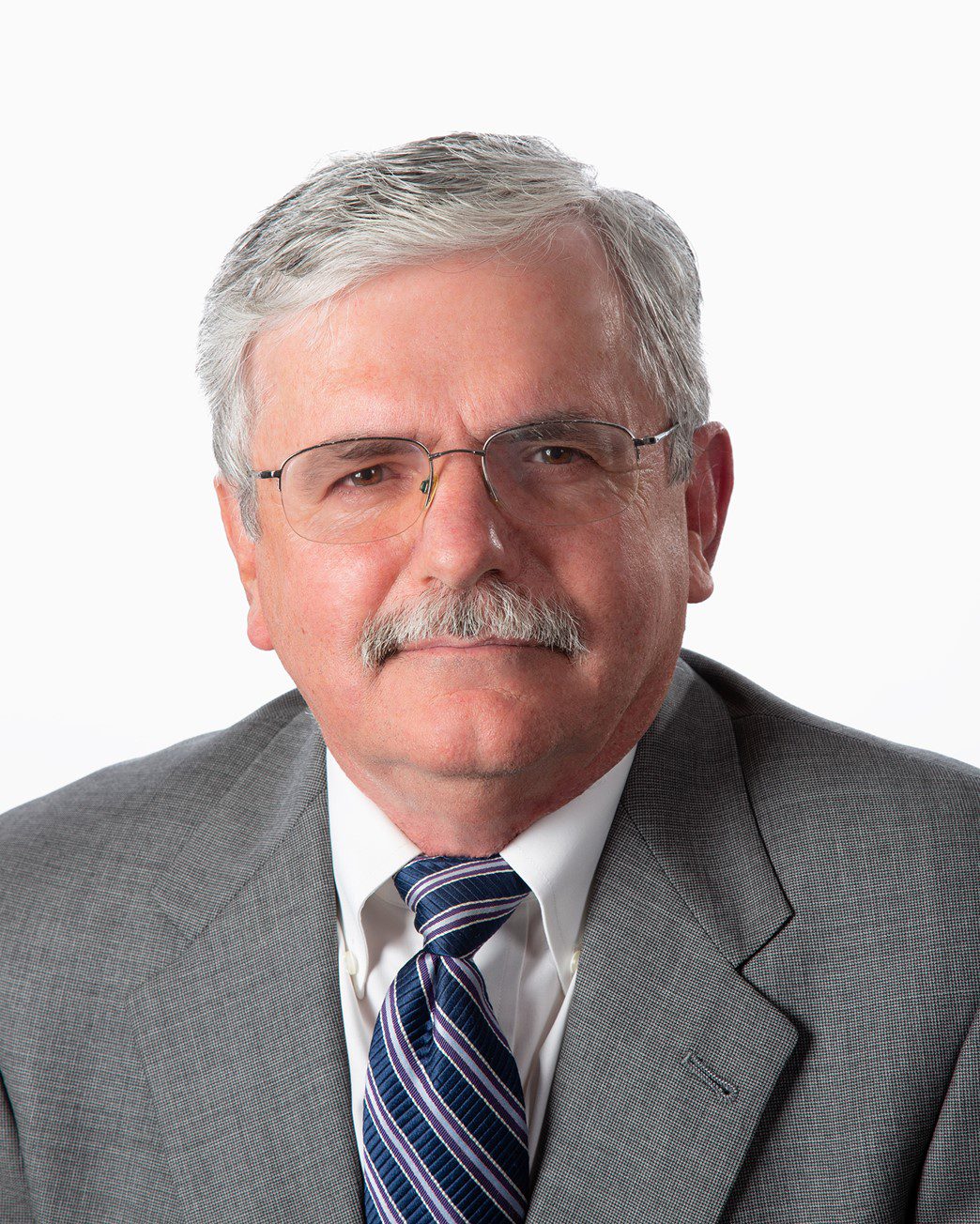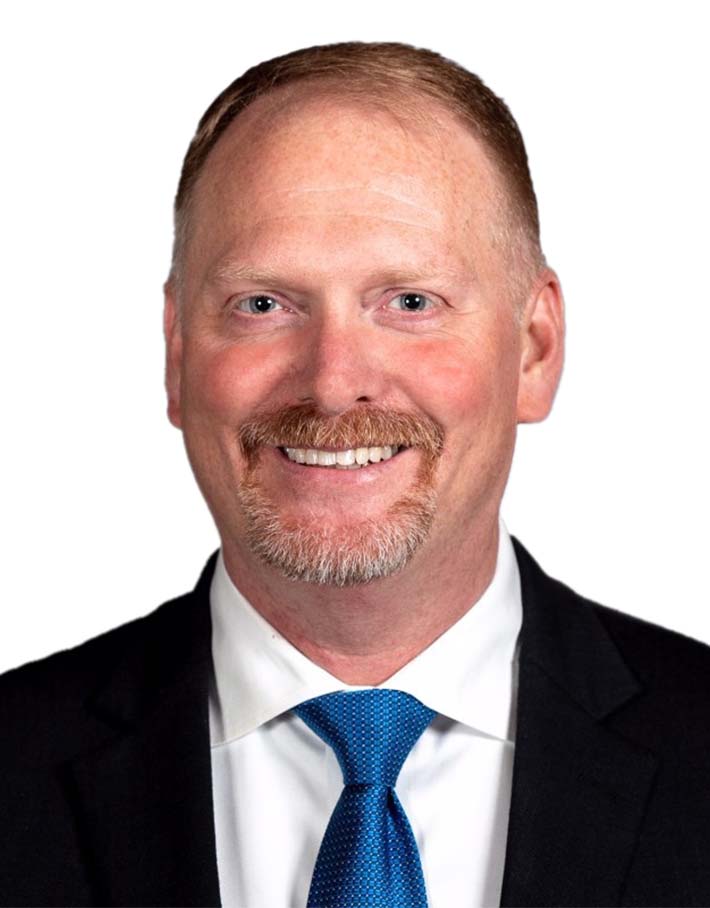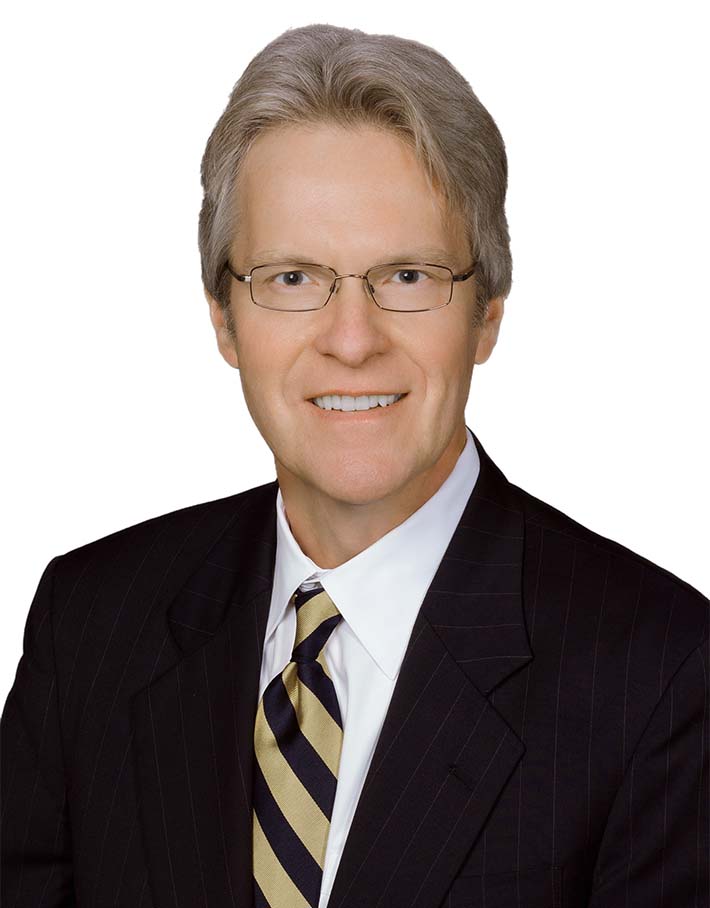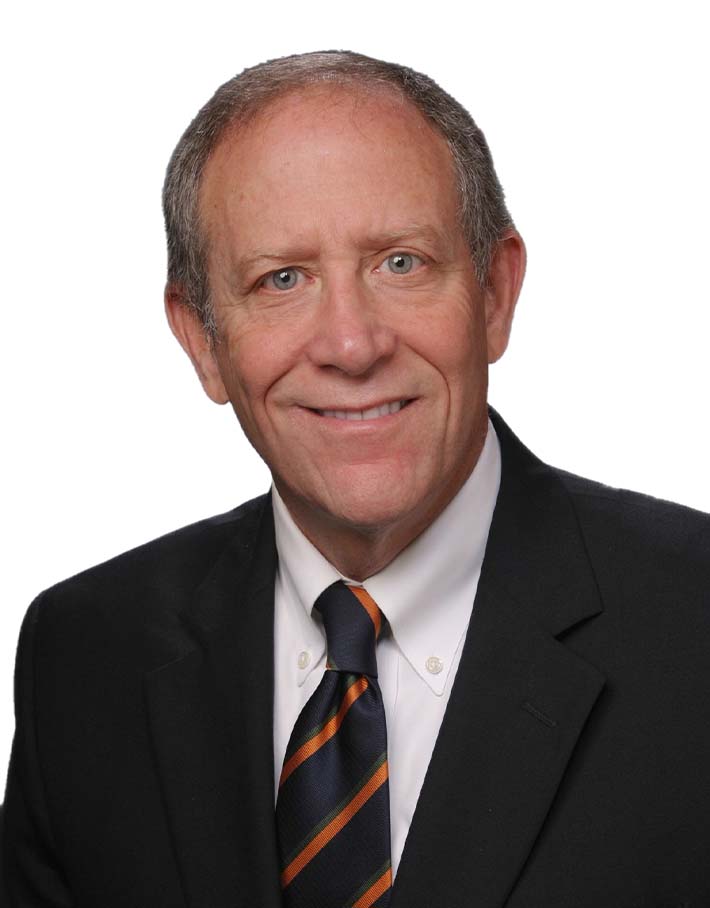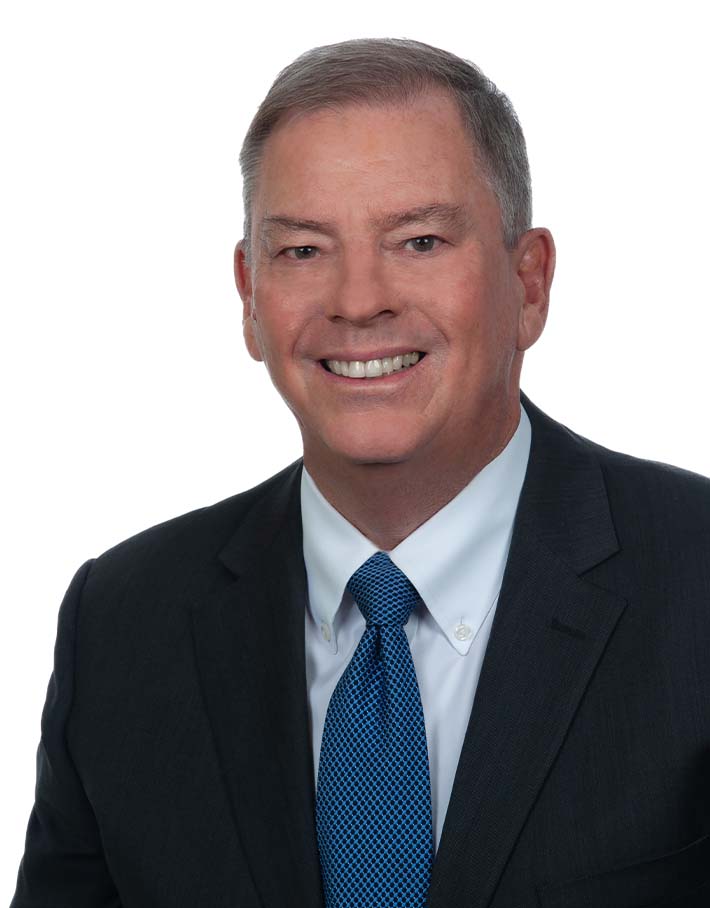Regulators – Behind the Scenes: Episode 5
By Bill Reilly, Ed Wegener, Evan Rosser, Jeffrey Hiller and Patrick M. Dennis
Subscribe to our original industry insights
Join Oyster Consulting’s former regulators Patrick M. Dennis, Jeffrey Hiller, Bill Reilly, Evan Rosser and Ed Wegener in our new podcast mini-series, Regulators– Behind the Scenes. In this episode, they share their experiences and perspectives as former SEC, FINRA and State regulators on the best ways to manage and even improve your relationship with regulators.
Transcript
Oyster: 0:09
Welcome to the Oyster Stew podcast, where we discuss what’s happening in the industry, based on what we see as we work with regulators and clients. Oyster consultants are industry practitioners; we aren’t career consultants. We’ve done your job and we know the issues you face. You can learn more about Oyster Consulting and the value we can add to your firm by going to our website, www.oysterllc.com.
Patrick Dennis: Welcome back everybody. What’s the best way you can think of to manage your relationship with the regulators and or improve the relationship with the regulators? Probably everybody needs to do that at one time or another, or certainly always wants to have a better relationship with the regulators than they currently have. I’d love to get your thoughts. Start with Ed.
Ed Wegener: Well, I’ll speak from a FINRA perspective. If I had one thing that I would recommend to a firm in terms of managing relationships with FINRA, it would be to build a good working relationship with your risk analyst that’s assigned to your firm. They’re the person that is monitoring everything that the firm does and their assessments are what drive a lot of key decisions in terms of how frequently the firm’s going to be reviewed, what’s going to be reviewed during an examination, whether the firm’s going to be considered low risk or high risk.
Those are the people that are going to make those determinations. So the better relationship that you have with them, if you can build a relationship of mutual trust, if you can meet with them regularly to explain what the firm does, but also the controls that the firm has in place to mitigate any risks that they’re concerned about, the better that relationship’s going to go, the better your exams are going to go. So that would be the one thing I would say from FINRA’s perspective.
Patrick Dennis: Jeff, your thoughts?
Jeffrey HIller: Those of us that are former regulators have an easier access to our former colleagues. But I really think it’s a matter of candor, directness, reading what the SEC has to say. I can say that during the course of any exam, I’ve never been surprised because I’ve talked to them every day and found out what their concerns were, what they liked and didn’t like. It’s not to say that I could make things go away, but it’s really a matter of the touch that you have with them in terms of managing them.
Patrick Dennis: Evan, your thoughts?
Evan Rosser: FINRA presents some opportunities because FINRA is a private organization. They don’t like to admit it, but it’s a membership organization. And they do have working groups and committees, and you can get a little insight into the workings. Anyone I’ve known who has served on any, whether it’s a District Business Conduct Committee or a working group, they really leave there and say, “Wow, I think FINRA really thinks this is important or FINRA really wants to do this.” They really do get an insight. I don’t know how much that insight is available to government organizations. They don’t have that kind of integration with the industry the way FINRA does.
And certainly working with FINRA committees or working groups, it’s not going to inoculate you from compliance problems. You can’t schmooze your way out of it, but it does give you a sense of their priorities, how they operate. That can be very valuable. But as Ed said, getting to know the people who regulate you now that FINRA has switched its model from a kind of geographic district exam program to a firm-type program, I think it would be important to get to know because a lot of firms now have new people they’re going to be working with. So I think it’s important that they reach out, learn who they’re working with and kind of see how much communication they can have with them.
Ed Wegener: Evan, to that point, I used to be one of the representatives on the district and regional committees for the Midwest, and we would have meetings twice a year and the meetings were great. It was great opportunity for us to talk about issues and get to know what were the challenges of the firms. But the thing that I found the most informative was the dinner the night before because you sat with people, regulators, and industry people in a social setting, and you got to talk to people as just real people and you got to know them. And quite frankly, I built a lot of great relationships that way. So I would encourage, to your point, if you have the opportunity to run for a district committee to run for small firm advisory board or a governor’s spot, or even being on one of the specific advisory committees to do it, I think you’ll learn a lot. You’ll get a preview of things that are coming, but you’ll also be able to build relationships with the people that regulate.
Patrick Dennis: Yeah, I would add – there are certain conferences that you can go to. FINRA has their annual conference in May. If you’re regulated by FINRA, so it makes sense for you to go there and meet the people and go to the panels and hear from the regulators. I think the same thing with SIFMA – a lot of the SEC folks are there, a lot of FINRA folks are there as well. The SIFMA Compliance and Legal Society and their conferences, both regional and the national or the annual conference. Also The SEC Speaks is one that, clearly, it’s all the SEC regulators, the senior folks that are speaking and are there. Try hard to get to know them, try harder to meet people there – they’re human too. They they’ve got a job to do. So I think you can try to make your presence known, let the regulators know that you’re interested, that you’re showing up at these conferences to hear what they have to say. That helps I think. Final thoughts by anybody?
Bill Reilly: Patrick, just to kind of discuss getting to know people, I think it’s important for people in the industry to understand who their players are. Ed, you talked about the fact that you were on the Midwest Council for FINRA, so I couldn’t agree more about attending conferences, associations. When I was a regulator, and I would go to a conference, there were some times that I would seek out people in the industry and vice versa. We’d say, “Hey, we’re going to be at a conference. I’d like to meet you.’ I want to make sure that we’re getting everything right. Evan, as far as your comment whether or not there are other working groups and so forth, I can’t tell you the number of working groups that I worked on when I was a state regulator. The other thing I’ve mentioned is that NAASA (North American Securities Administrators Association) has about 25 or 30 working groups. It’s very important to keep those relationships up and ongoing.
Patrick Dennis: Okay, gentlemen, thank you very, very much for your time. Again. It’s Jeffrey Hiller, who was been 30 plus years in the industry and five years at the SEC in Enforcement; Evan Rosser, 20 plus years at FINRA Enforcement in the liaison between the exam staff and the Enforcement staff; Ed Wegener, 20 plus years at FINRA, formerly senior executive in the Midwest Regional Office; and, Bill Reilly, who spent over 30 years at the State of Florida. I’m Patrick Dennis. I spent eight and a half years at the SEC, and have been in-house legal for a number of firms. So if there’s anything we can do to help you out, or if you have any questions, feel free to reach out to any of us, and we’ll be happy to try and give you our insight as to what’s going on with the regulators of the exams, if that’s your issue. Thanks for listening, and don’t forget to follow the Oyster Stew podcast on whatever platform you listen to, or check us out on our website at www.oysterllc.com. Thanks very much.
